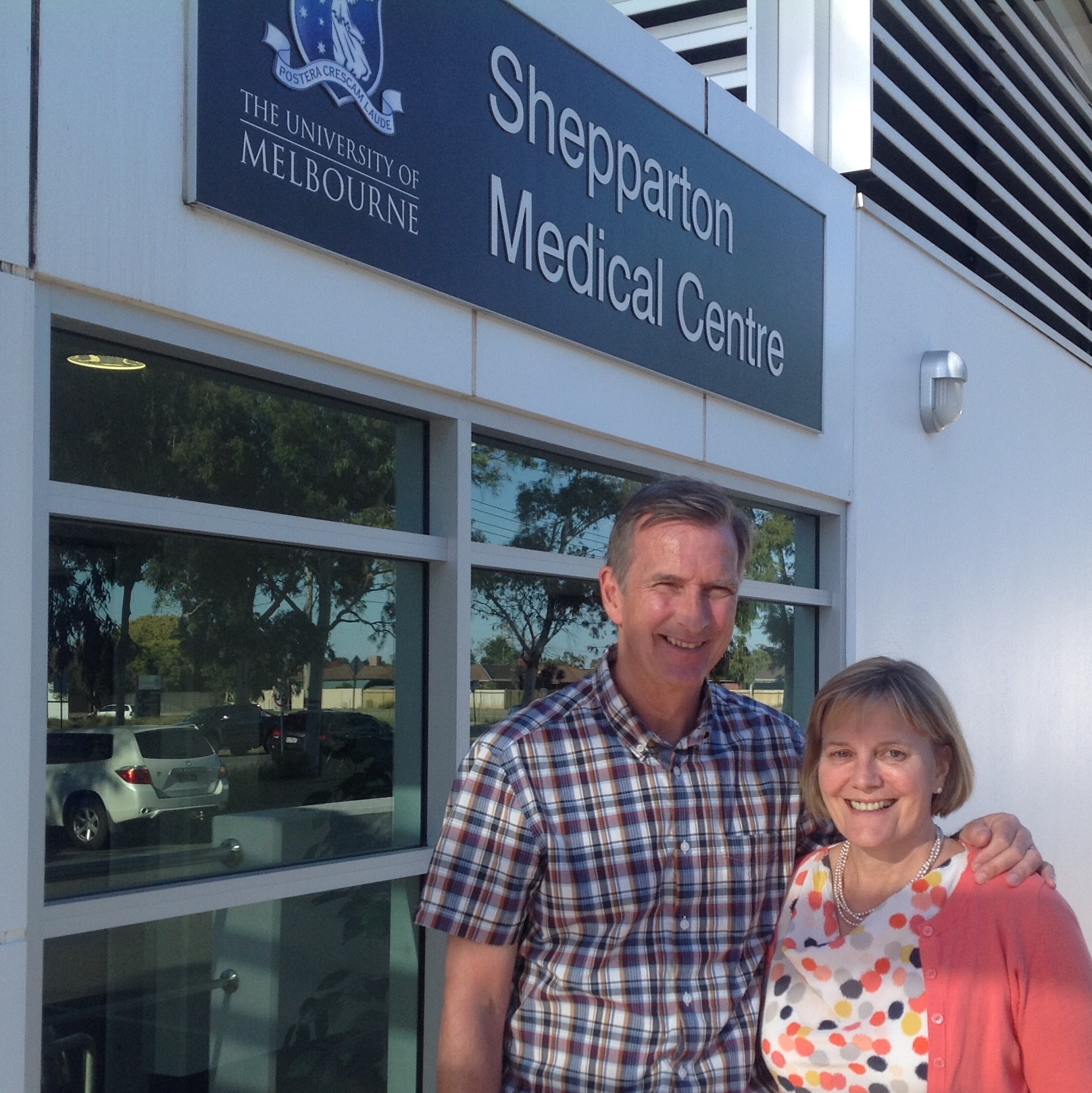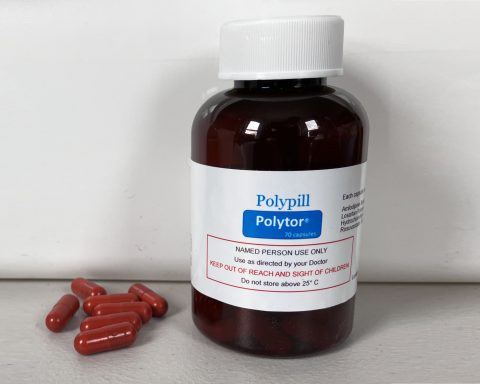
Headlines such as: “1 in 4 cancer cases missed: GPs send away alarming number of patients” (Daily Mail, 1st March 2011), “These overpaid doctors must stop whingeing” (The Times, 28th May 2014) and “Study reveals scale of errors on doctors’ prescriptions” (The Guardian 2nd, May 2012), are depressingly commonplace.
Even when we try to recruit the help of mainstream media it seems to get turned against us. The BMA tried to make the point that ten minute appointments are potentially dangerous for patients so that general practice might get the support it needs to provide longer appointments. To convey this message the ticker feed of the BBC news channel informed the viewer that “GPs are putting patients in danger with ten minute appointments” as though it is out of sheer contempt for our patients that we refuse to give them any more of our time.
It’s not just us. The junior doctors were subject to The Sun’s ‘Moet Medics’ smear campaign and, when the consultant contract negotiations re-opened recently, the BBC obligingly ran a story entitled “NHS consultant paid £375,000 in overtime” to point out that it isn’t only GPs who are workshy and overpaid.
I thought it was just me making my wife feel uncomfortable by screaming at the TV in the evenings, but a recent study in the BJGP exploring why younger GPs are leaving the NHS found that 63.4% of them are also pretty miffed at this continual public abasement.1 Thus far, shouting at the TV seems to have achieved relatively little but there is an alternative. The junior doctors used social media pretty effectively to counter a lot of the negative media coverage during the last round of strikes. The noise on social media outlets revealed widespread public support for the juniors, which helped to strengthen their resolve and legitimise their cause.
Unfortunately, I suspect that many GPs, dare I say many older GPs, are wary of being too vocal on social media, with a hint of concern that opening a Twitter account is akin to giving your patients a key to the back door and painting a target on your back for the GMC to aim at.
This is a shame because social media is our best tool for getting across our side of the argument and it is also a fantastic way of opening up a dialogue with the public. These arguments would be well explored by the reluctant older generation of GPs who have earned experience and gravitas by passing through the mill of the NHS over the last few decades and who can spot the same cycles of mistakes re-appearing over the horizon.
Having a good rant on a blog is incredibly cathartic, I can feel myself relaxing as I type, but it is also a way to reach thousands, potentially tens of thousands, of people in a matter of hours which is exactly what some successful GP bloggers do.
Social media is an effective means to counter the denigrations of our profession and, so dependent has the mainstream media become on social media that, if we make enough noise, we might even begin to influence them. And that might even mean the occasional positive headline.
Reference
1. Doran et al. Lost to the NHS: a mixed methods study of why GPs leave practice early in England. Br J Gen Pract Feb 2016, 66 (643) e128-e135












